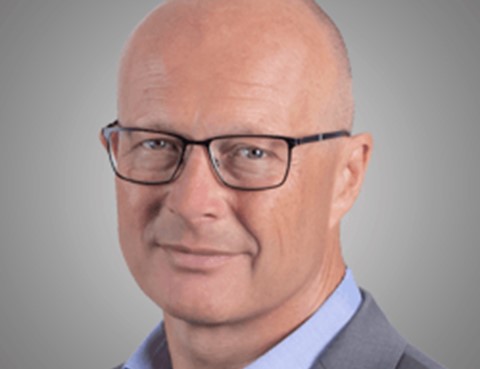Martin Ågerup is a Danish economist and the president of influential Danish classical liberal think tank CEPOS. He graduated from the European School of Luxembourg in 1982 and obtained a master’s degree in economy and economic history from the University of Bristol in 1991. He is a former member of the Danish European Movement’s Executive Committee and a member of its think tank “Yes to Europe”. He became president of CEPOS in 2004.
He’s interviewed exclusively for Brussels Report by Lorenzo Montanari, Executive Director of the Property Rights Alliance (PRA), as the second interview in a series of prominent European supporters of free market economics:
Lorenzo Montanari: “In terms of national economic reform, what’s the biggest challenge for Denmark?”
Martin Ågerup: “Unlike many other countries, Denmark has sustainable public finances mainly due to a large number of reforms cutting entitlements, increasing labour supply and increasing the pension age.
The largest remaining challenges are low structural growth, high taxes on capital gains and on income, a public sector which is monopolistic and inefficient and a climate policy which isn’t market driven and with national reduction goals that are not in sync with the EU quota system and thus not cost effective.”
Lorenzo Montanari: “What do you think should be the priority of the government of Denmark in terms of EU policy?”
Martin Ågerup: “Denmark should do everything in its power to stop the move towards turning the EU into a tax and transfer union where rich northern countries are forced to transfer wealth to poorer southern countries. Instead, the focus should be on expanding and strengthening the internal market and on free trade agreements, with the UK and other non-EU member states.”
Lorenzo Montanari: “Where do you think the European Union offers most value for Denmark and where is it failing to provide value?”
Martin Ågerup: “The internal market offers a lot of value. For several decades, however, the EU has failed to expand the internal market to new sectors. The EU is also introducing harmful regulation in many areas, including regulation that may be compliant with the current interpretation of the treaty but not with a principled application of the subsidiarity principle.”
Lorenzo Montanari: “What’s your most recent research project by CEPOS and could you tell us a bit about it?”
Martin Ågerup: “We recently published a benchmarking analysis of the 98 Danish municipalities, demonstrating how much each municipality could save on administrative staff if they reduced their spending to the level of the municipalities with the most cost effective administration. Total potential savings were estimated at 7,8 billion DKK.”
Lorenzo Montanari: “What book would you recommend?”
Martin Ågerup: “Some of the recent English language books I’ve read and loved were “Apocalypse Never”, by Michael Shellenberger, “Maverick” by Jason Riley (a biography about Thomas Sowell), and – speaking of Sowell – his recent book “Charter Schools and their enemies”, “False Alarm” by my fellow Dane Bjørn Lomborg and “Socialism: The Failed Idea that Never Dies” by Kristian Niemietz, with whom I also recently recorded an episode of my podcast.”
Socialism is a failed idea that never dies. @K_Niemietz explaines both (why it fails and why it still doesn't die) in the latest episode of my podcast.
Podcast: https://t.co/YkRQt3nsZq
Youtube: https://t.co/aCeAQ3tNik pic.twitter.com/FKifpoT83E
— Martin Ågerup (@MartinCEPOS) October 20, 2021
Don't underestimate the importance of numbers – and don't underestimate the power of non-profits. Very interesting dialog and exchange of ideas between @josdeblok of #Buurtzorg and @MartinCEPOS of #CEPOS https://t.co/ZT01z8I313
— Bjorn Kassoe Andersen (@kassoe) October 18, 2021













